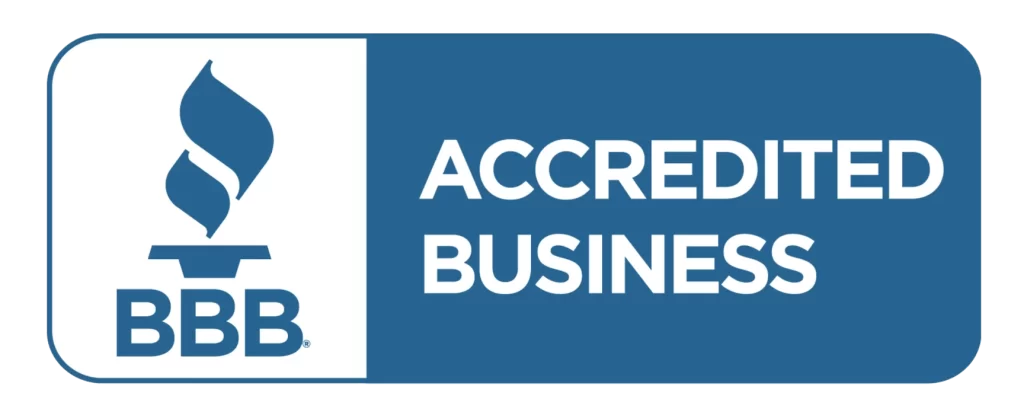Faq
Am I able to still post a bail bond for someone that has already taken an offer in court and been sentenced?
Unfortunately we would not be able to help and provide our services once that person already agreed to the court’s terms and conditions of their plea deal and/or has already been sentenced and found guilty.
How much time will it take for my case to finalize and my bond to be exonerated?
It really depends on what type of offense you are facing, the facts surrounding your case and also where your case is being heard. Some courthouses are busier than others but as a general rule of thumb some cases may be resolved on the first court appearance and others generally after two or three appearances (“typically one month in between each one”). If things are a little more complex or the district attorney (“person trying to find proof a crime was committed”) won’t negotiate or come to a fair compromise then some cases can drag on for many months, a year, or worst case scenario a couple of years. Some mental health court cases for example can drag on for a very long time due to the complicated circumstances.
What is the process when posting someone's bail?
Does anyone notify me when someone is released from custody?
What are the basic requirements needed to get approved for a bail bond?
Do I need a cosigner?
In most cases we do require one with a verifiable source of income but there are some exceptions were we can self bail a person in custody as long as they meet certain requirements
What is 1275 hold?
Don't Hesitate Get Your Ticket to Freedom!






